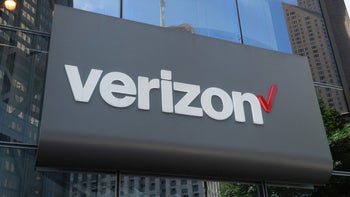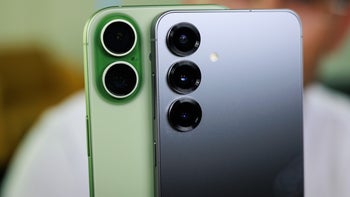T-Mobile/Sprint merger has the FCC's formal approval now, but it's still not a done deal

The inevitable has happened after months of (largely unnecessary) waiting, at least according to The Verge, which has received word from an unnamed "FCC official" that the proposed merger between T-Mobile and Sprint is now formally approved by the Federal Communications Commission.
The regulatory government agency's Chairman had already expressed his support for the $26 billion deal way back in May, so it's certainly not surprising to hear a "party-line vote" is officially moving the union between the nation's third and fourth-largest wireless network operators yet another step closer to completion.
Ajit Pai's position was reportedly backed by Republican Commissioners Michael O'Rielly and Brendan Carr, while Democrats Jessica Rosenworcel and Geoffrey Starks predictably opposed the merger in line with a number of presidential candidates and other leading figures of the "donkey party."
In theory, T-Mobile and Sprint's head honchos should be busy doing their victory dances right about now, as technically, their mega-deal only needs the green light from the FCC and US Justice Department to go through. But although the DOJ gave its blessing several months ago, a number of states are still blocking the creation of "New T-Mobile." Even after Florida AG recently came out in support of Magenta's annexation of the "Now Network" and Mississippi backed out of the lawsuit that's delaying the conclusion of a saga kicked off a full 18 months ago, more than a dozen state attorneys general remain involved in said legal action.
Without going into too much detail for the umpteenth time, let's just say critics of the deal fear competition would be stifled by essentially moving from a big four-dominated industry to a big three situation. Of course, this "New T-Mobile" giant would have a far better shot at breaking up the Verizon/AT&T duopoly than T-Mo and Sprint currently have, not to mention Dish is ready to step in and acquire both Sprint's entire prepaid business and its 800 MHz spectrum to ensure market competition will remain (theoretically) the same.
Follow us on Google News



















Things that are NOT allowed:
To help keep our community safe and free from spam, we apply temporary limits to newly created accounts: